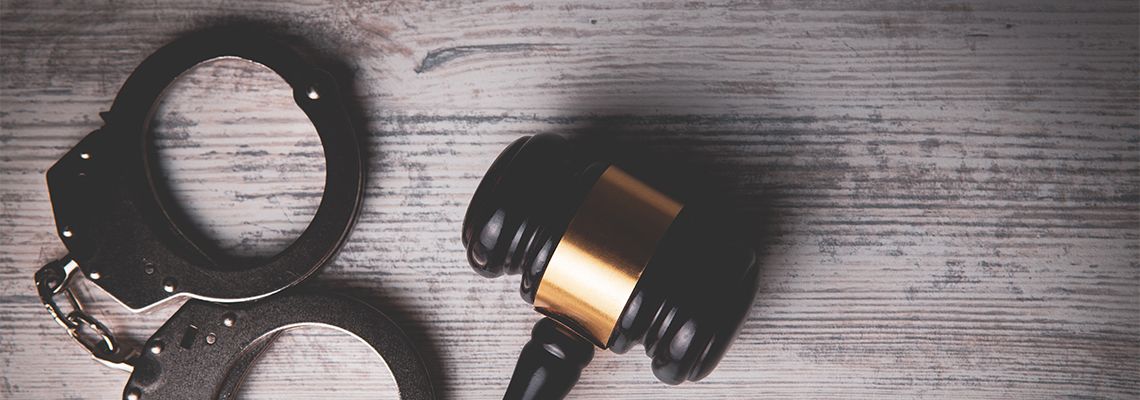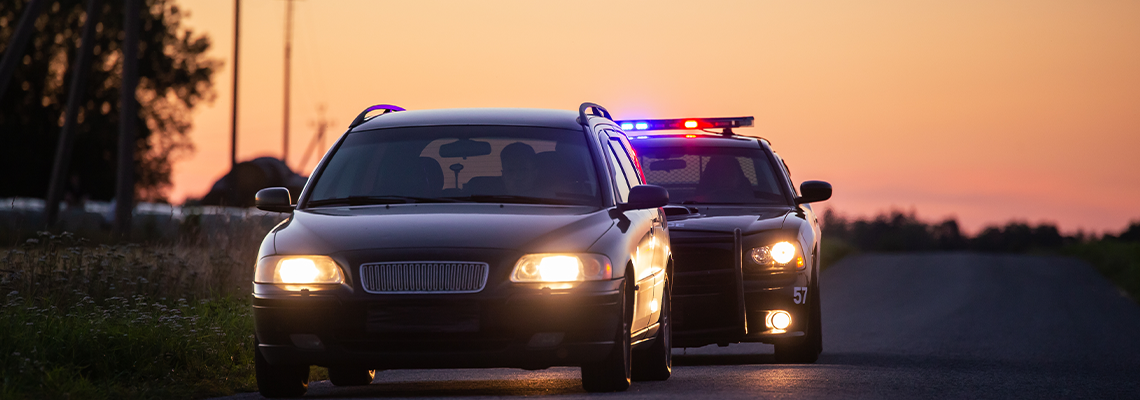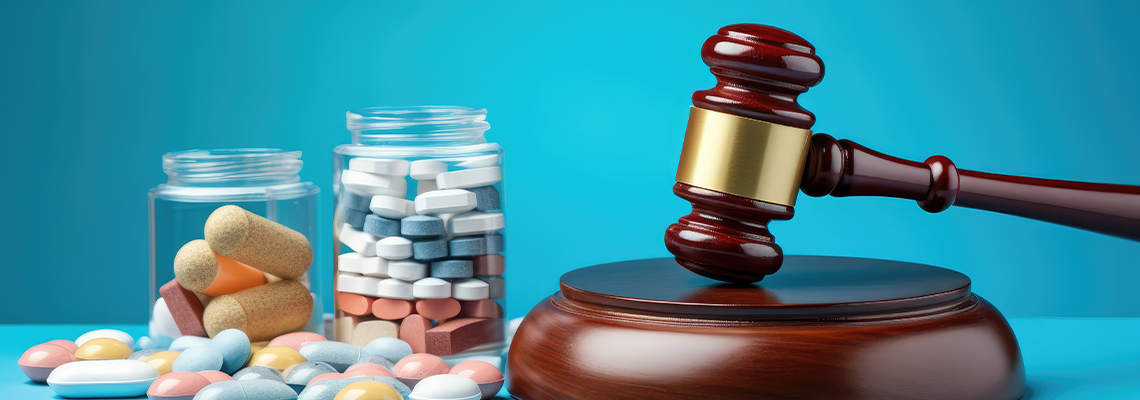When facing criminal charges, understanding the difference between a felony and a misdemeanor is critical. Felonies and misdemeanors carry very different consequences, and knowing what is at stake can make a big difference when planning a defense.
DWI Plea Bargain in New York
If you or a loved one has recently been charged with a DWI, you’ll be curious about the possibility of a plea bargain. A DWI plea bargain in New York usually means pleading guilty to a lesser charge (DWAI, or driving while ability impaired). This can be worth doing because DWAI is considered a violation, while DWI is a misdemeanor, which is a crime. This means the DWAI is less likely to have a negative long-term impact on your life that a DWI would have.
Under certain circumstances, both the prosecutor and the defendant (you) have good reasons to want to avoid bringing a case to trial. The prosecution may have doubts about the strength of their case, and the defense may feel the same way about their own case. In this situation, a plea bargain can happen. By agreeing to plead guilty to a lesser charge, you could avoid having a criminal record, avoid potential jail time, and move on with your life.
Why Consider a DWI Plea Bargain in NY?
Most of the time, a DWI plea bargain in NY means you will end up pleading guilty of a DWAI. There are two reasons why this is a good thing for you. We’ve already mentioned the first one, which is that DWAI is not considered a criminal offense—meaning it won’t have the same long-term consequences as a DWI.
In addition, the penalties of a DWAI are much lighter than those of a DWI. The maximum sentence for a DWAI is 15 days in jail, up to a $500 fine and a 90-day license suspension. That’s a lot better than the maximum sentence for a first-time DWI: up to a year in jail, up to a $1,000 fine and a six-month license revocation.
Realistically, when a plea bargain results in lowering the DWI misdemeanor charge to a DWAI violation, the court will likely impose fines, surcharges, a 90-day license suspension, and certain DWI related programs, instead of jail time.
What Makes a Plea Bargain Possible?
Much of the time, errors in police procedure make it possible for the defense to make a plea bargain. An experienced DWI attorney can spot opportunities to make a plea bargain.
Police misconduct can provide a possibility for the defense to lessen the charge. Mistakes in measuring blood alcohol content (BAC) can also reduce the strength of the prosecution’s case. This is especially true when the driver’s BAC was taken using a breathalyzer test. Improper handling of the breathalyzer means that the results of the measurement are often inaccurate, so it’s easy for the police to make mistakes on this point.
Additionally, the coordination tests, also known as Standardized Field Sobriety Tests (SFSTs), are often administered incorrectly by police officers. Improper administration of the tests can lead to inaccurate determinations of intoxication. Those inaccuracies, especially if there is video documentation, can be used to convince the prosecutor that their case is not as strong as they think.
A skilled DWI attorney will be able to use the mistakes made by the police to show the prosecutor that they should make a plea bargain. If you’re interested in the possibility, make sure to bring up the subject when you talk to your attorney.
Contact Us
Since 2014, the Law Office of Michael D. Litman has been representing the criminal defense needs of the citizens of White Plains, Westchester County, and the New York Metro area. With attorney Michael Litman defending his clients since 2007, we have the knowledge and the experience to help with all your DWI or criminal charges.
If you have questions or need to set up a consultation, contact us online or call us today. Our firm will work with you from the arraignment, all the way through the trial.
RECENT POSTS
Driving while intoxicated (DWI) charges in New York carry serious and lasting consequences. When someone pleads guilty or is convicted, the impact goes far beyond fines or jail time.




